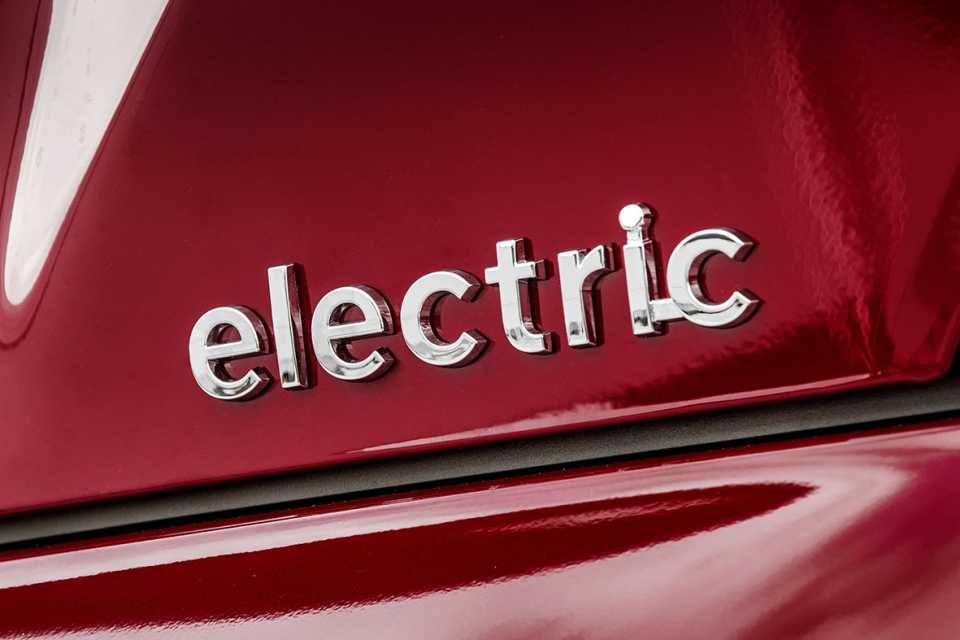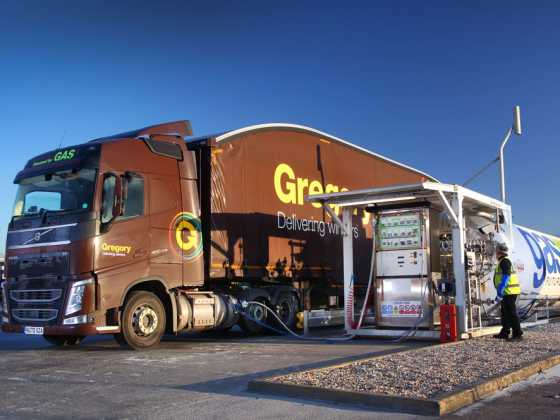What money is there to support EV adoption?

Although grants for electric vehicles and chargepoints have recently been reduced, a pot of cash still remains available. We summarise what grants and incentives can be used for electric vehicle purchasing
Incentives to drive the adoption of electric vehicles is vital. While the vehicles, technology and infrastructure remains costly, grants and incentives help drive the market, which in turn will help drive purchase prices down.
But as the market grows and evolves, monetary incentives reduce.
The plug-in Car Grant scheme has been in place since 2011 to support the uptake of ultra-low emission vehicles. The grant rate was originally set at £5,000 for all eligible ultra low emission cars. In 2016, it was reduced by £500, and in 2018, the grant was reduced again to £3,500 - and it was cut completely from plug-in hybrid cars so that all incentives were directed to zero-emission cars.
In the March 2020 budget, while it was welcome news that the PICG would be extended to 2022-23, it again took another hit - this time being reduce to £3,000. It was also announced that the grant excludes cars costing £50,000 or more.
The 2020 Budget also confirmed that grants to support the purchase of zero emission vans, taxis and motorbikes would continue to 2022-23 and at the same rate as before. Vans get up to £8,000 subsidy, large vans and trucks £20,000, taxis £7,500, and motorbikes up to £1,500.
The government says that the rates are subject to review, depending on how the market develops, and that the "small reduction to the grant, as well as excluding cars costing £50,000 or more, will allow more drivers to benefit from making the switch for longer."
Infrastructure support
The Office for Low Emission Vehicles (OLEV) has announced it is continuing the electric vehicle home charge scheme (EVHS) and workplace charging scheme (WCS), but is reducing it from £500 to £350 from 1 April 2020.
The new rate will apply to installations on or after 1st April 2020 for EVHS, and will apply to voucher applications submitted on or after 1st April 2020 for WCS.
The government claims the change in the grant will enable twice as many people to benefit from a grant, from 30,000 to 57,000 for home-charger purchasers.
The government has also extended who can benefit from the EVHS scheme to include larger electric motorbikes, as currently only electric cars and vans are eligible.
It is also doubling the number of sockets allowed under the workplace charging scheme from 20 to 40.
Money for local authorities
OLEV is also re-confirming the continuation of the ‘on street residential chargepoint scheme’ (ORCS) for another year, but is changing the grant rate, from £7,500 to £6,500 for 2020/21 applications.
Local authorities can apply for a grant to cover part of the capital costs of installing chargepoints for residents who lack off-street parking. The grant rate will be set at £6,500 per chargepoint. OLEV says it can extend this to £7,500 per chargepoint in certain circumstances and only on occasions where a local authority has demonstrated a need for this level of support.
The government says that by lowering the cap, it is able to support more local authorities overall and contribute to a better spread of chargepoints across the country.
While the scheme will remain broadly first come, first serve, OLEV says it will look to prioritise on basis of need and whether previous funding has been awarded in order to ensure provision is "levelled up" across the country.
Other perks
Drivers of electric vehicles can enjoy other benefits.
Company car drivers choosing a pure electric vehicle will pay no benefit-in-kind (BIK) tax in 2020/21. They will then pay 1% in 2021-22 before returning to the planned 2% rate in 2022-23.
With the emergence of clean air measures in various cities, drivers of electric vehicles can rest assure that their zero emission electric vehicles will avoid penalties.
In London, zero emission vehicles qualify for the 100 per cent cleaner vehicle discount on the congestion charge and do not have to pay to enter the Ultra Low Emission Zone (ULEV). It is worth noting however that congestion charge exemptions for pure-electric cars is only in place until 24 December 2025.
As the electric vehicle market matures, money to support the uptake of electric vehicles will inevitably reduce. Now is therefore the time to make the most of it.






